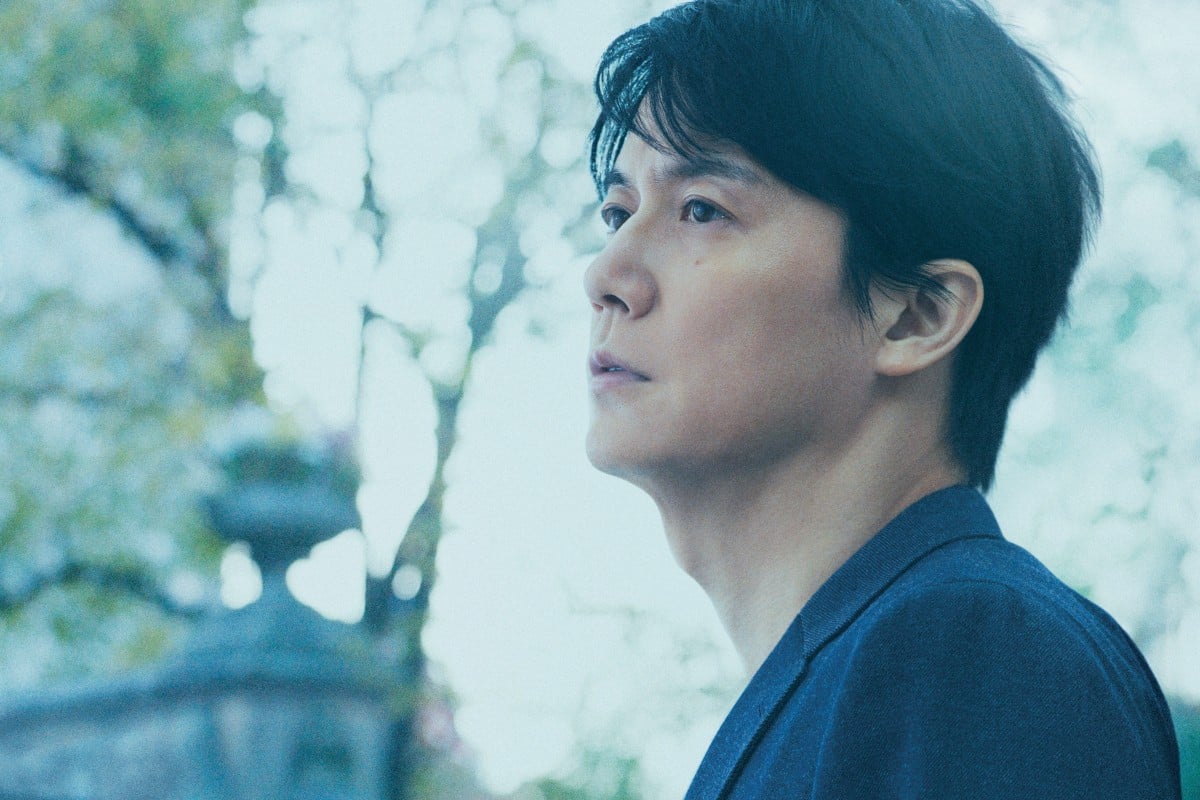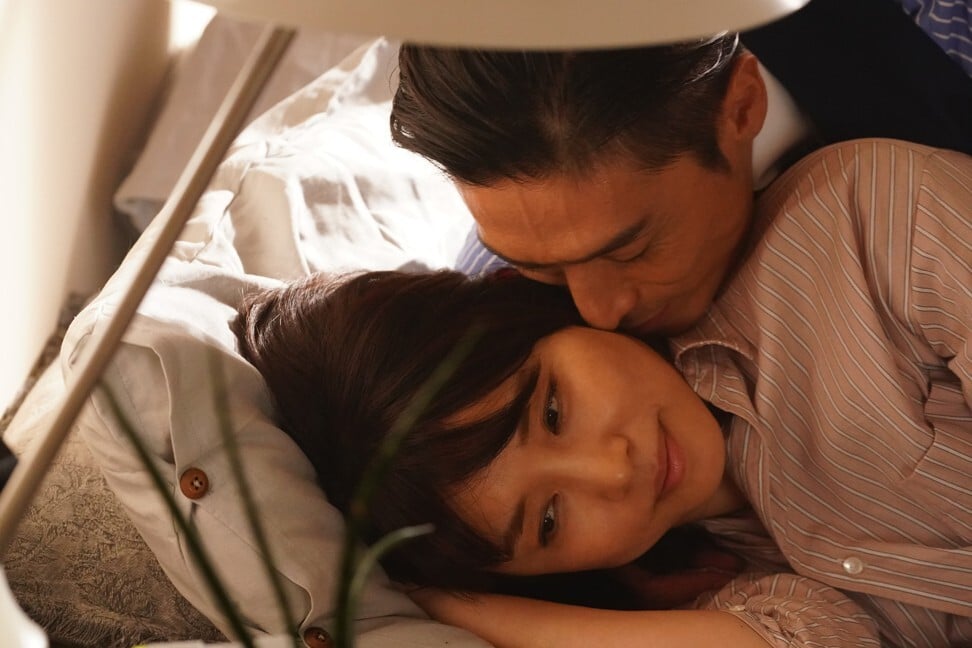
2/5 stars
In a world rocked by disharmony, be it political, economic, geographical or romantic, two lonely middle-aged souls seem destined to remain apart in Hiroshi Nishitani’s dreary romance, At the End of the Matinee. Yuriko Ishida and Masaharu Fukuyama, in his fifth collaboration with the director, star in this globe-trotting adaptation of Keiichiro Hirano’s award-winning novel.
An on-screen romance between capable adults, rather than emotionally inarticulate teens, should be cause for celebration, but forty-something classical guitarist Satoshi Makino (Fukuyama) and veteran journalist Yoko (Ishida) prove no better equipped to articulate their feelings for one another than inexperienced middle-schoolers.
When introduced after one of Satoshi’s concerts in Tokyo, there is an instant attraction. But Yoko is stationed in Paris, and engaged to a slippery banker (Yusuke Iseya), whose job will soon relocate them both to New York. Satoshi, though single, as all tortured artists must be, spends his free time locked away in darkened hotel rooms, reeling from panic attacks and guzzling bottled water. Neither makes a move, and they part ways.
Only when a terrorist attack rocks Yoko’s Paris offices is Satoshi compelled to act, flying to her side and begging her not to go ahead with the wedding. This flash of impulsiveness ignites the fires of passion, but external forces continue to conspire against them, as pivotal characters portrayed by Yuki Sakurai and Haruka Kinami are also drawn into this maelstrom of inaction.
Streamlining Hirano’s novel, which entangles the love affair in numerous global conflicts, Nishitani’s film does have the advantage over its source material of showcasing Satoshi’s guitar-playing prowess. Unfortunately his performances are restricted to repeating the same couple of pieces ad nauseam, with Satoshi slipping into a bizarre trancelike state on stage, that the film never bothers to adequately explain.

Most frustrating is the central contrivance that keeps these lovers painfully apart for much of the runtime. The film repeatedly underscores the importance of direct communication, whether through music, journalism or diplomacy, even going to great lengths to paint Yoko as a learned polyglot (despite Ishida’s own limitations), yet Satoshi and Yoko’s years-long suffering could have been resolved with a single phone call.
Such a tragic misunderstanding is a long-established staple of romantic melodrama, but nevertheless At the End of the Matinee fails to strike a single authentic chord, either as a love song to the lonely, or a cautionary tale to the criminally inarticulate.
Want more articles like this? Follow SCMP Film on Facebook







